Pathway Design
Every career pathway is built with a clear course sequence that aligns with industry standards. Instructors can create tailored learning experiences by selecting specific courses for each phase of the pathway, ensuring students progress from foundational knowledge to advanced expertise.
Return to Learning Portal1
SUBJECT MATTER
Select and organize course levels: Introductory, Intermediate, and Advanced by integrating pre-designed modules into a cohesive learning path. Each level fosters skill growth and prepares students for the next step in their learning journey.
2
CUSTOMIZABLE UNITS
Courses consist of units, which focus on distinct topics or skills. Choose from a wide variety of units in the GenEdSys course catalog, allowing you to design courses that cater to your students’ needs.
3
MODULAR LEARNING
Within each unit, GenEdSys breaks down the content into smaller, digestible components called modules. Each module tackles a specific aspect of the broader topic, making the learning process more engaging and focused.
1
SUBJECT MATTER
COMPOSITION
COVERAGE
STORY DEVELOPMENT
PREPRODUCTION
PRODUCTION
POST PRODUCTION
2
UNITS
Intro – Composing the Frame
Intermediate – Photojournalism
Advanced – Photo Storyboards
Intro – Introduction to Coverage
Intermediate – Interview Coverage
Intermediate – Event Coverage
Advanced – Advanced Coverage
Intro – Silent Film
Intermediate – Documentary
Advanced – Advancing the Story
Intro – Film Prep
Advanced – Capturing Sound on Set
Intro – Editing Concepts
Intermediate – Editing Workflow
Advanced – Advanced Editing
Post Production Sound
3
MODULES
• The Frame
• Subject Placement
• Angles
• Lines
• Space and the Decisive Moment
• Angles and Social Change
• Lines and Directing the Gaze
• Optimizing Space
• Angles and Mise-en-scene
• Lines and Color
• Single Person Coverage
• Two Person Coverage
• The Moving Camera
• Single Person Interviews
• Two Person Interviews
• Walk and Talk Interviews
• Sports Coverage
• High School Event Coverage
• Multi-Source Event Production
• The Axis of Action
• The Pivot
• Crossing the Line
• Screen Direction
• The Silent Film Concept
• 3-Act Structure
• Producing a Silent Film
• Elements of Non-Fiction
• Character Development
• The Super Objective
• Anatomy of a Film Shoot
• Shooting Schedule and Shot Lists
• Floor Plans and Storyboards
• The Mixer & Boom
• Lavs & Mic Types
• Telling the Story You Have
• The Assistant Editor
• The Editor
• Organizing the Footage
• The First Draft
• The Final Edit
• The Dialgoue Edit
• Advanced Editing
• Intro to Audio Tracks
• Music
• Effects
1
2
UNITS
Latin Theater History
African American Theater History
European Theater History
Intro – The Stage
Intermediate – Theater Components
Intro – Design Principles
Advanced – Set Design
Intro – Intro to Theater Lights
Intermediate – Set Up & Documentation
Advanced – Lighting Control Fundamentals
Advanced – Network Fundamentals
Intro – Intro to Sound
Intermediate – The Projected Image
Advanced – Video Display Technologies
3
MODULES
• Latin Theater Pre-Colonization
• Latin Theater Movements
• African Theater Pre-Colonization
• Post-Colonial African Theater
• Black Theater in the U.S.
• Ancient Greece to Restoration
• Vaudeville to Post Modernism
• Types of Stages
• Soft Goods
• Lighting Positions
• Color Theory
• Principles of Design Pt. 1
• Principles of Design Pt. 2
• Working Drawings
• Lighting Instruments
• Focus Profiles and Wash
• Lighting Components
• Hang & Circuit Fixtures
• Distribution
• The Light Plot
• Reports and Documentation
• Intro to Lighting Controls
• Patching
• Control Signals and Wiring
• Lighting Cues
• Master Controls
• The Ethernet
• Sound Design
• The Sound System
• Digital Mixers
• Theater Tech History
• The Projected Image
• Video Processors, Switchers and Scalers
• Media Servers

